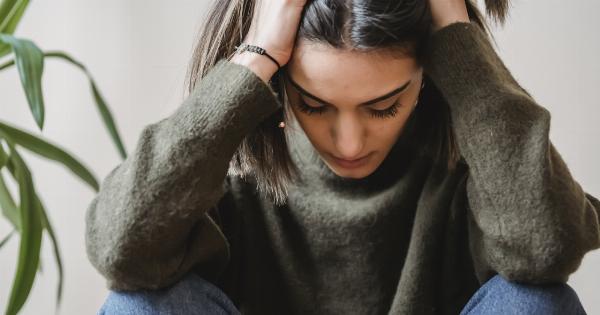Sexual insecurities are common among women and can occur at different stages of their lives. These insecurities can arise from societal pressures, past experiences, health issues, or personal beliefs.
Understanding the age and stages of female sexual insecurities can help women identify and address these issues.
Teenage Years
During teenage years, girls may experience sexual insecurities as they start to develop physically and become sexually aware.
They may feel self-conscious about their changing bodies, especially if they do not fit the perceived ideal body type portrayed in the media. Girls may also feel anxious about their first sexual experiences and may worry about their partners’ expectations and judgments. This can lead to a lack of sexual confidence and avoidance of sexual activities.
Young Adulthood
In young adulthood, women may still experience insecurities about their bodies and sexual performance. They may compare themselves to other women and feel inadequate if they perceive themselves as not measuring up.
They may also experience anxiety about their partners’ reactions to their bodies and sexual performance. Women may also have concerns about sexual health, including sexually transmitted infections and unwanted pregnancies, which can affect their sexual confidence and behavior.
Motherhood
For women who become mothers, the demands of parenthood can impact their sexual confidence and behavior. They may feel self-conscious about their postpartum bodies and lack of energy for sexual activities.
They may also experience changes in their libido due to hormonal changes and the demands of caring for a newborn. These changes can cause feelings of anxiety, depression, and loss of intimacy in relationships. It’s important for women to communicate with their partners about their feelings and seek support from healthcare providers if needed.
Menopause
During menopause, women may experience physical and emotional changes that impact their sexual functioning and confidence. Hormonal changes can cause vaginal dryness, pain during intercourse, and decreased libido.
These changes can lead to a lack of sexual desire and avoidance of sexual activities. Women may also feel self-conscious about their aging bodies and how they look to their partners.
It’s important for women to talk to their healthcare providers about these changes and explore treatment options for symptoms that are affecting their sexual function and well-being.
Conclusion
Sexual insecurities are common among women and can occur at different stages of their lives. These insecurities can have a negative impact on their sexual confidence and behavior.
It’s important for women to recognize and address their insecurities, communicate with their partners, and seek support from healthcare providers if needed. By doing so, women can improve their sexual functioning, enhance their relationships, and increase their overall well-being.




























